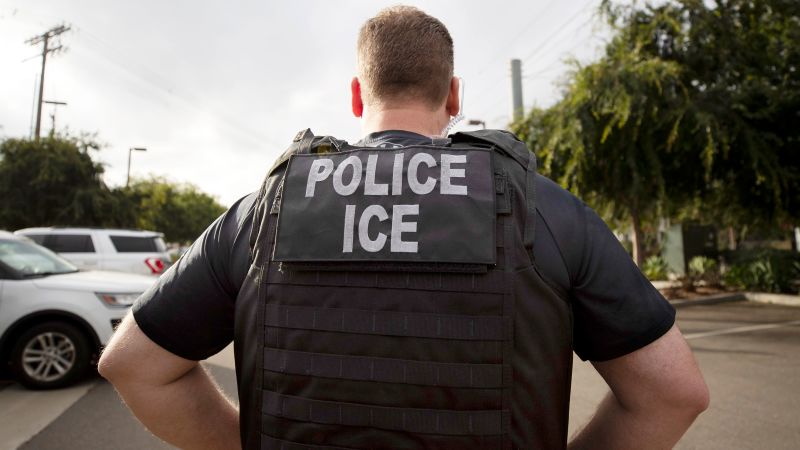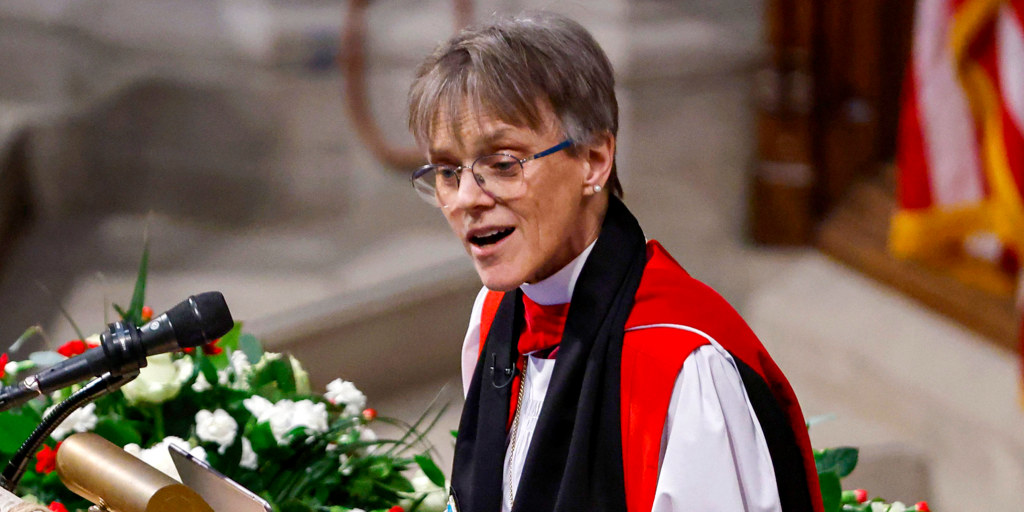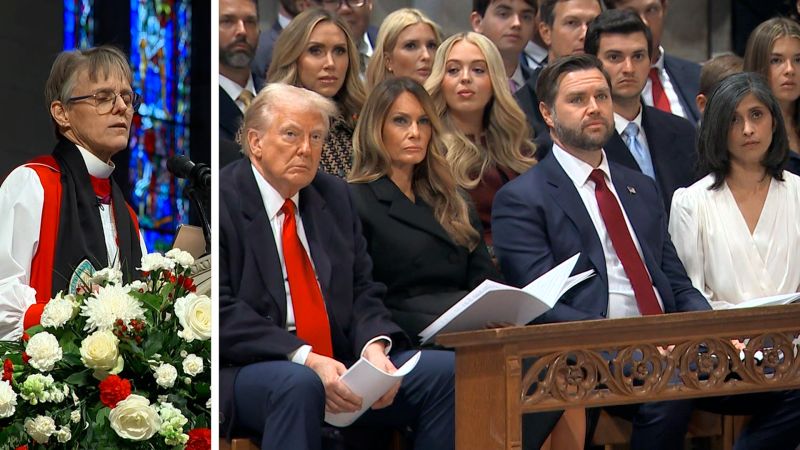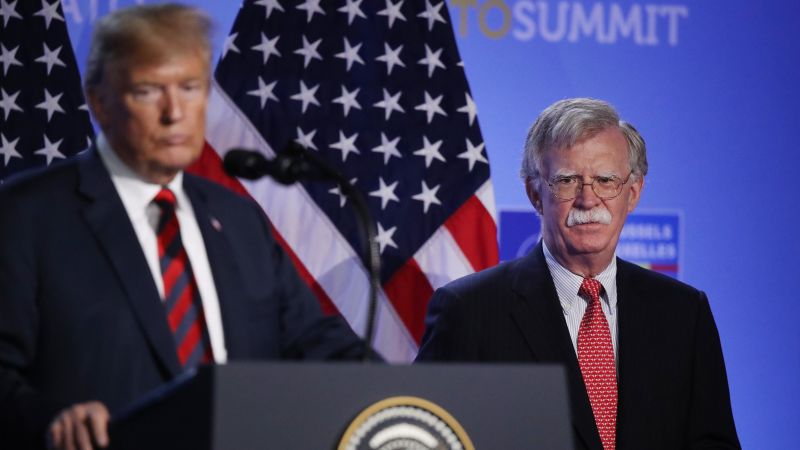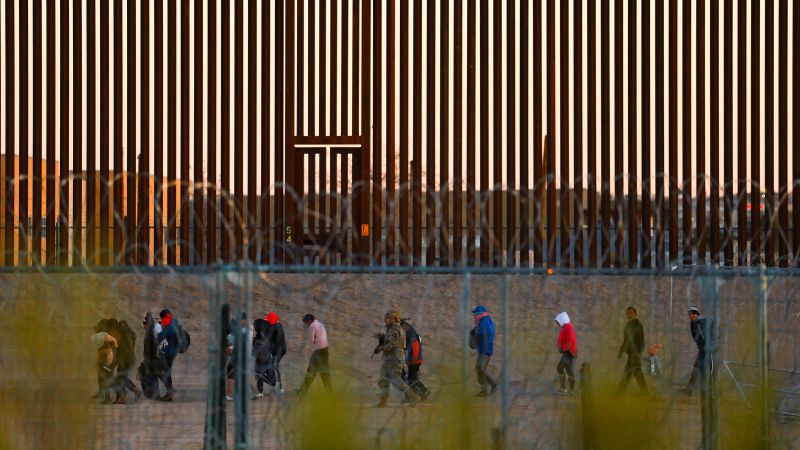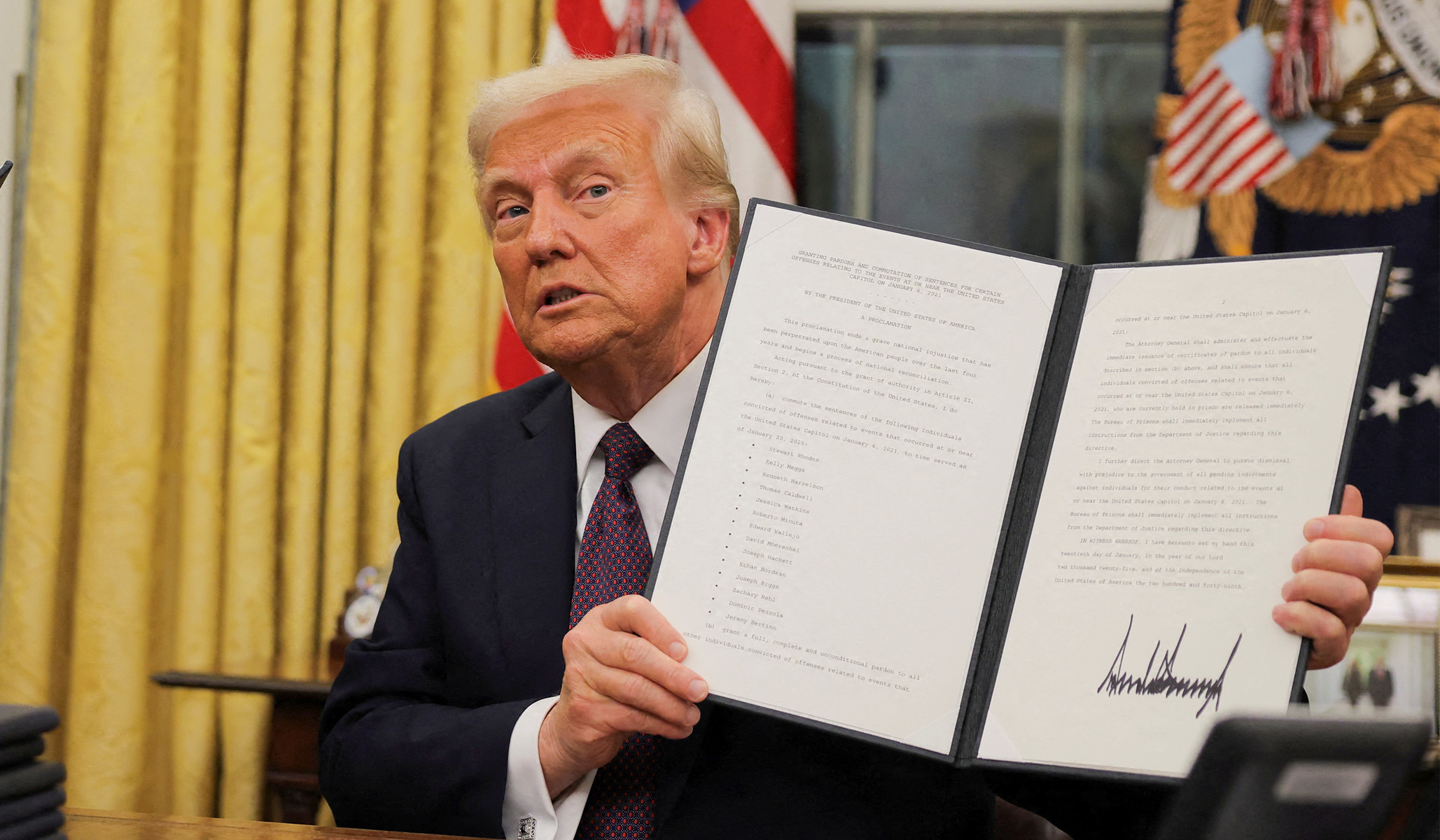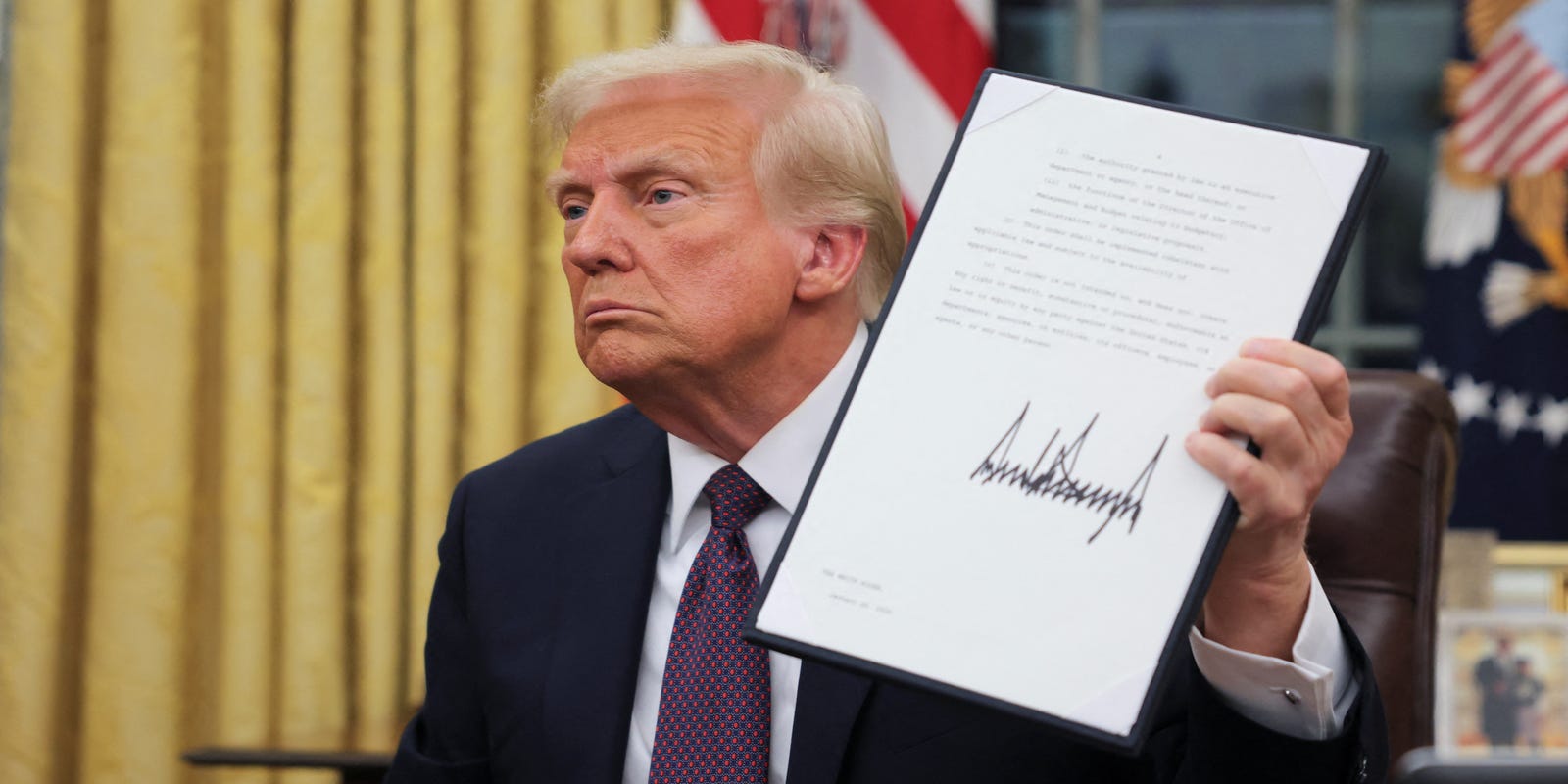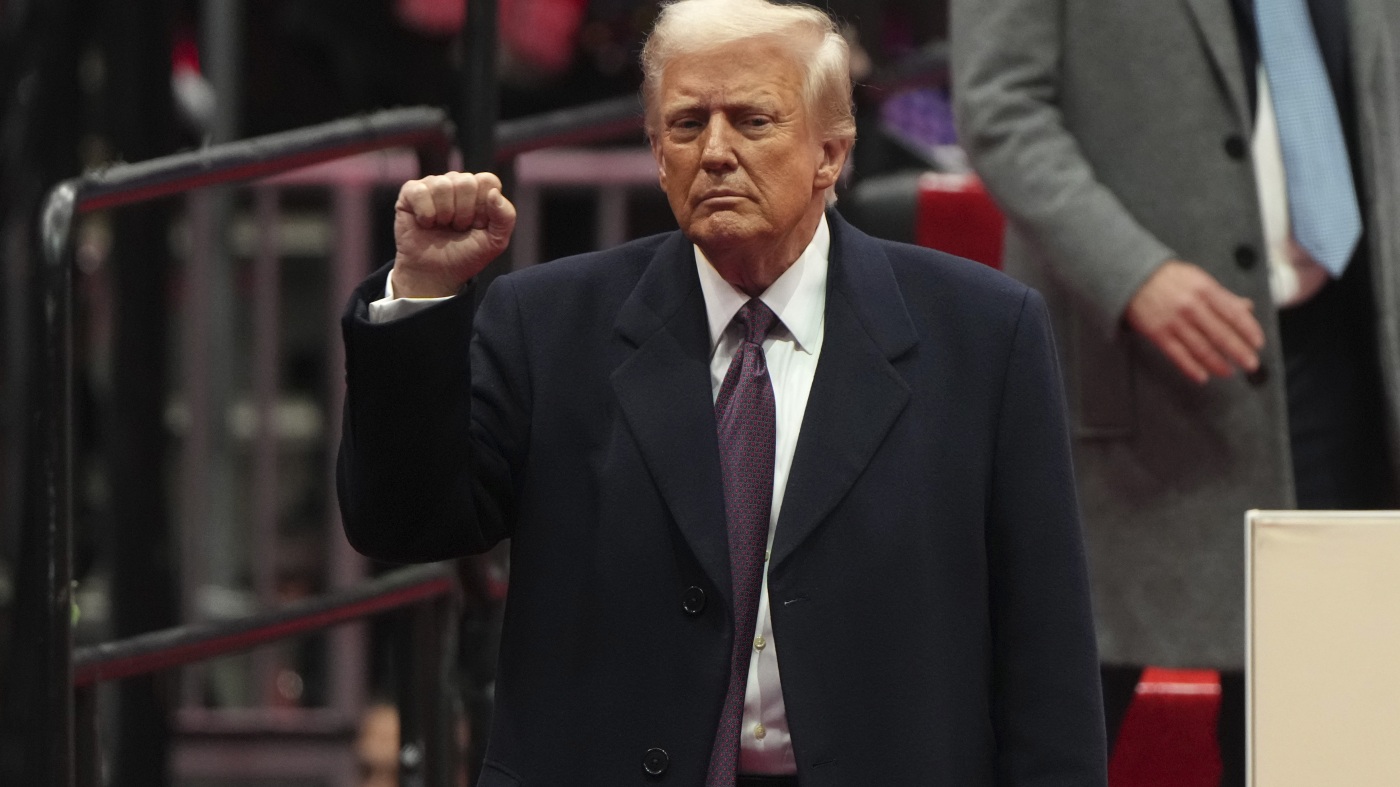
Sanctuary Crackdown: Trump Team Revokes Safe Zones for Immigrants in Schools and Churches
The Biden administration's previous directive establishing "protected areas" for vulnerable locations has been officially rescinded. These previously protected zones included critical spaces such as children's gathering spots, emergency relief sites, and essential social service facilities. The new memo effectively eliminates the special protective status that was previously assigned to these sensitive locations, marking a significant shift in current policy approach.


